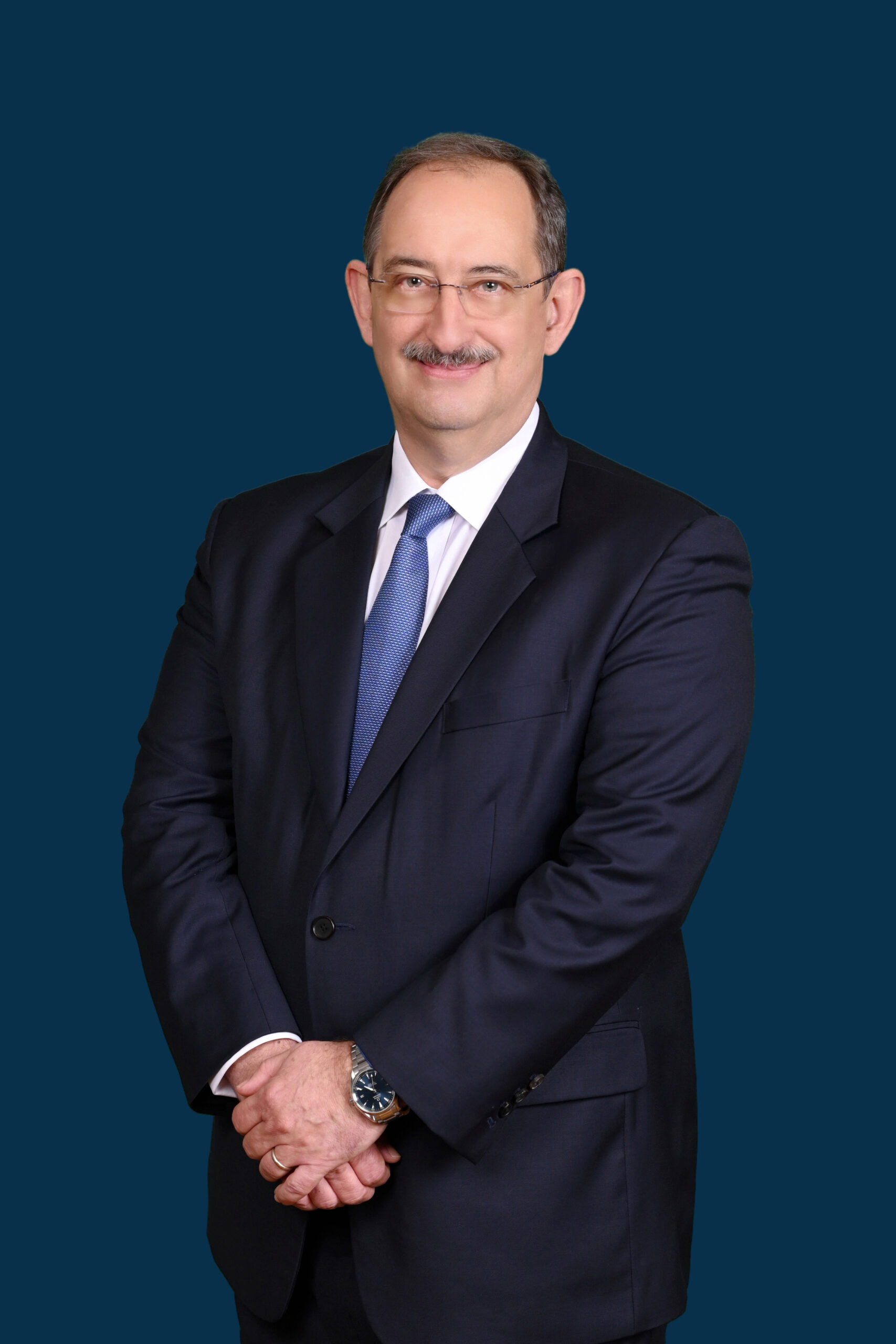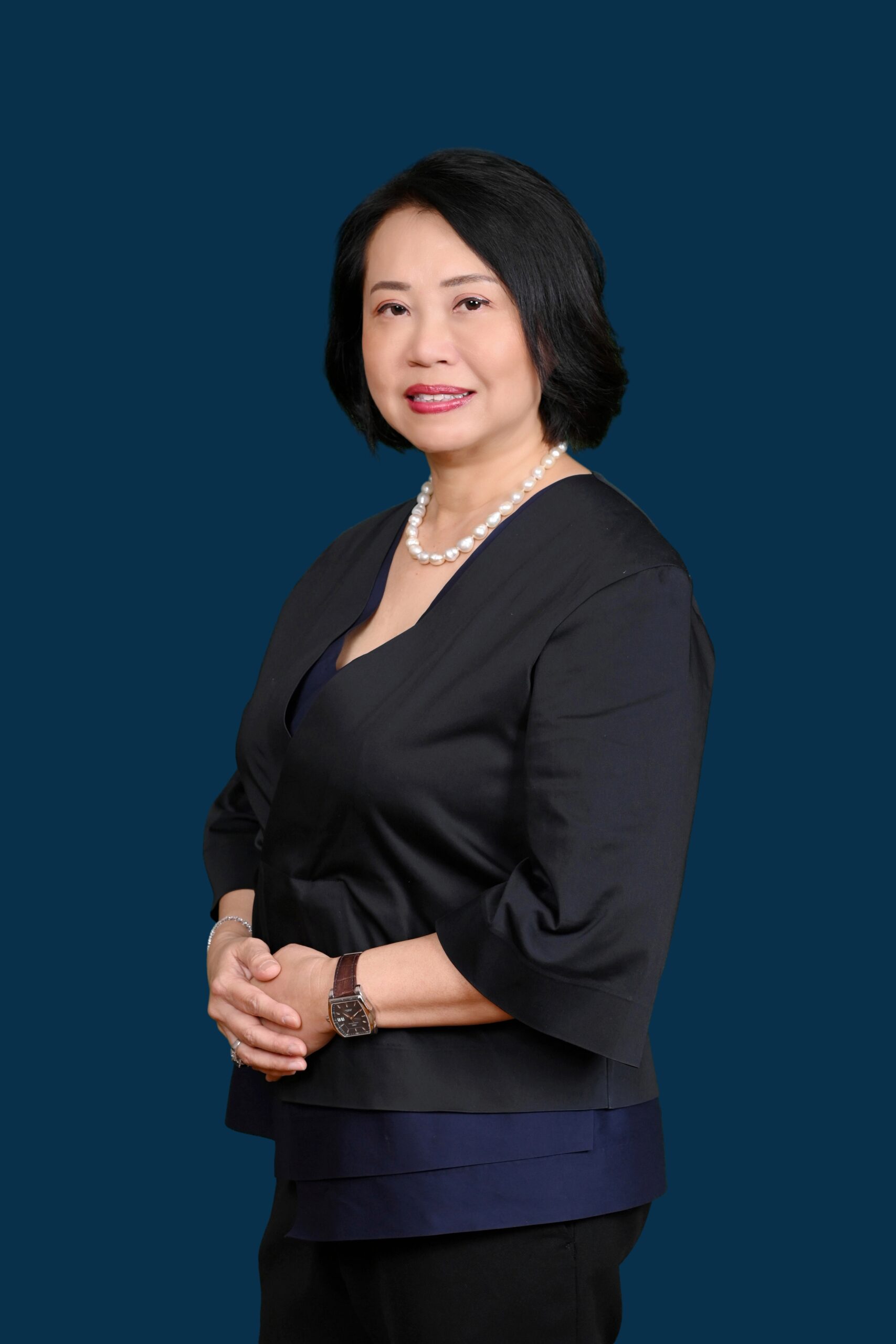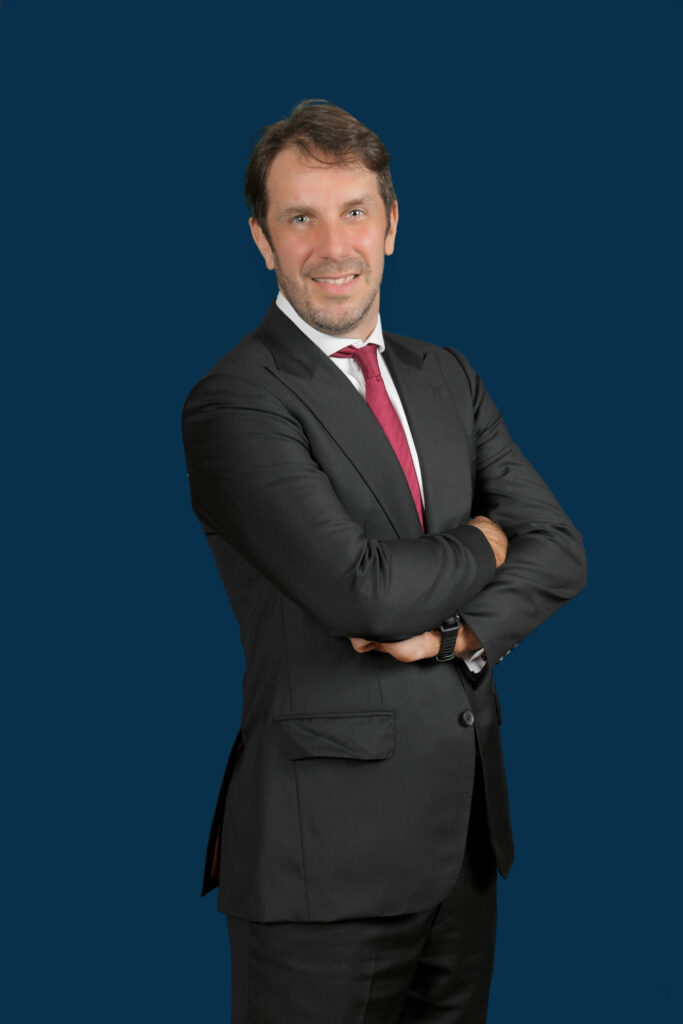Maritime is home to a diverse group of sectors—maritime law being a key pillar in this ecosystem. Commonly perceived as a “dull” industry, the Singapore Maritime Foundation (SMF) seeks to address these misconceptions.
Continuing our conversation with Maritime Lawyers, we speak with Charlene Sim, a Senior Legal Associate in the Marine Team at Kennedys. In this feature, we dig into Charlene’s motivations behind specialising in maritime law, the challenges accompanying this role and what being a female practitioner in a male-dominated field looks like.
My journey began with an internship at Ang and Partners, a local shipping law firm. Then, I was in my third year of education at the Singapore Management University’s Yong Pung How School of Law (SMU).
At SMU, we were actively encouraged to take up internships and I had done a few in general litigation and corporate law. However, maritime law stood out as an exciting career path, and I decided to further my knowledge through shipping law modules before pursuing it.
Upon graduation, I completed my trainee contract with Ang & Partners and am now with Kennedys’ Marine Team.
Maritime law is challenging yet at the same time exciting. It is extremely diverse and has similarities with other areas of law such as contract and tort law. The essence of the law does not differ much, apart from industry specific terms such as “charterparty” and “bill of lading”. In fact, most of the leading contract law cases are shipping and maritime cases. There is never a dull moment – you will be exposed to the many facets of law as well as the various shipping-related industries, such as commodities, oil & gas and subsea cables. I thoroughly enjoy tackling the multi-faceted case scenarios brought to me by my clients and coming up with creative solutions for them.
Young law students often shy away from maritime law for fear of being too “specialised”. However, I believe that transitioning into general areas such as contract and tort from maritime is not a concern because practicing maritime law equips you with a broad range of transferrable skills.
For example, maritime lawyers can readily handle general commercial cases since maritime contractual concepts apply to them too. On the contrary, generally trained lawyers will find it significantly more challenging to effectively tackle a maritime law case.
Taking the modules and interning at a shipping law firm will provide you with the fundamentals and ease you into the industry. Nevertheless, you can still transition into shipping without doing so. Majority of the concepts can be learnt on the job and coupled with sufficient self-studying; you will be able to pivot into maritime law with ease. One such example is an ex-colleague of mine, with a commodities trading background. He forayed into maritime law after taking up law as his second degree and is presently a maritime lawyer.
While maritime law modules provide you with the fundamentals of maritime law, in the long run, missing out on the modules will not significantly handicap you as the bulk of my knowledge was, and is still being attained, through practice. Should you wish to pivot into maritime law, I always believe that what is most important, is having a positive learning attitude and keen aptitude for the subject matter.
As with all industries, not just shipping, what you learn in school covers the main principles which you then apply to specific case scenarios during exams. Recommending solutions that are solely grounded in legal theory will satisfy the requirements. However, this does not suffice in practice where there are significantly more variables at play. Often when providing legal advice, maritime lawyers must anticipate the various possible outcomes as well as give due consideration to commercial realities such as the client’s commercial relationship with the opposing party.
Another branch of maritime law that was not formally taught in school is sanctions. Sanctions issues may arise in shipping cases for instance where the cargo being transported is Iranian oil and subject to US sanctions. These nuggets of industry and technical knowledge are most often acquired through practice.
Broadly, my work covers commercial litigation and arbitration with a focus on shipping, logistics and international trade matters. The claims that we handle include charterparty claims, cargo claims, ship arrest and marine insurance claims to name a few. Most of the arbitration work is seated in Singapore or London and typically concern charterparty claims.
Maritime law extends beyond Singapore’s shores and its international nature requires the involvement of multiple jurisdictions. Having to work around the different laws across jurisdictions, handle conflict of laws issues, and interact with lawyers hailing from other countries makes this job highly interesting.
My daily tasks involve providing client advice, case discussions and drafting submissions. Often, clients in the shipping industry have some knowledge of shipping law and would generally approach me for legal confirmation on whether an action they intend to take is legally viable or feasible. As for client advice it must be prompt given the fast-moving nature of shipping.
Singapore is a leading International Maritime Centre and legal services are an important pillar of support in this ecosystem.
The challenge remains to attract young maritime lawyers as many law trainees and interns prefer the generalist route. They have concerns about getting pigeonholed but as mentioned earlier, I do not think it is difficult to pivot into other areas.
During my university days, there were internship fairs organised by the school which provided us the opportunity to interact with partners and practitioners. It was also through one of these fairs that I landed an internship at Ang & Partners. As a young law student, I did not have any industry knowledge and these sharing sessions provided me a glimpse into the maritime industry and working world.
Universities could cultivate interest in the maritime industry through site visits. At my previous firm, we visited Singapore Polytechnic’s ship control room which was fascinating for me as a layperson and provided me with a holistic view of maritime.
I understand that SMF also connects young law students seeking maritime trainee contracts and internships with law firms. Recently, an intern was referred to Kennedys’ Marine Team by SMF and he said that the internship provided him with a deeper understanding of the industry. Perhaps SMF could tie up with law firms to hold seminars which would allow practising maritime lawyers to interact and engage with law students.
Maritime is dominated by males. However, it is a misconception and stereotype that females are in a disadvantageous position.
There are no hindrances to career progression if you are a technically sound lawyer and confident in your work. The high number of female partners present in the industry is a good proof point. As long as you have the aptitude and right attitude, it will propel you in your career and in the industry.
Maritime law may not be glamorous but is the bread and butter of society – pandemic or not, it is an essential area of law and is here to stay. Interning at shipping law firms will broaden your perspective on this field. My internship experience made me realise that maritime law is intriguing, interesting, and not all that intimidating. There are many maritime lawyers who are willing to mentor the younger generation of lawyers, so just give it a shot!






